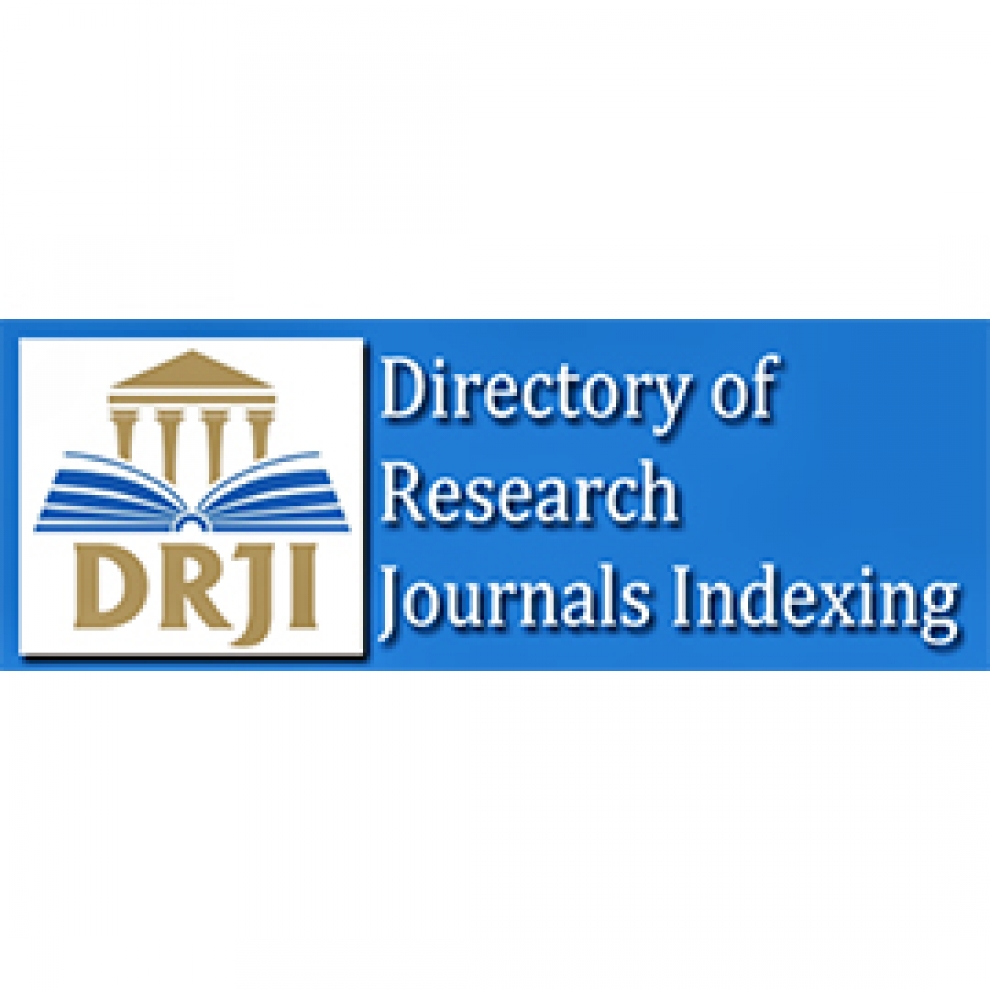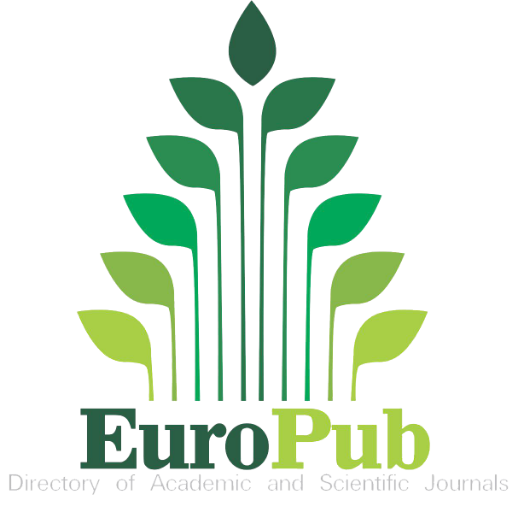Neutrosophic inferential statistical analysis of vulnerability in medical residency and its relationship to job insecurity
Keywords:
neutrosophic study, vulnerability, job insecurity, medical residencyAbstract
This research explores the relationship between vulnerability, defined as lack of personal fulfillment, and job insecurity in a sample of postgraduate physicians of the Pontificia Universidad Católica del Ecuador. First, a correlation between the variables has been established to understand the association between the elements of interest of the study. In addition, the self-realization subscale of Maslach's (1986) Burnout syndrome questionnaire was used as a dependent variable to measure the relationship between vulnerability and job insecurity. The objective of the study was to perform an inferential statistical analysis of vulnerability in medical residency and its relationship with job insecurity. The study took into account theoretical, empirical and mathematical statistical methods. The results obtained reveal that the use of neutrosophic is important to achieve greater precision in the data obtained, guaranteeing the level of reliability of the study. This denotes the validity of the results presented since there is a significant difference in correspondence with the inferential statistics applied.





















